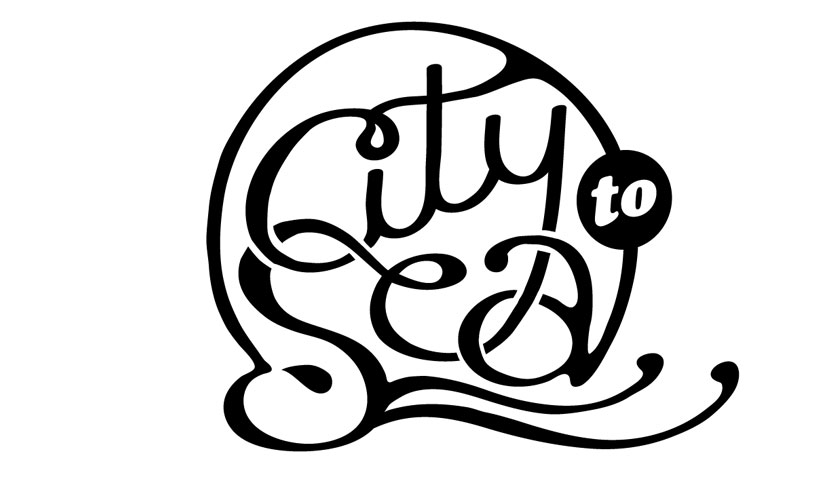Environmental campaigners at Everyday Plastic and City to Sea have joined forces to demand supermarkets strip the plastic packaging off the most wasted food items in British households: Potatoes, apples, bananas, carrots, and onions.
The move coincides with the day of the launch of the much anticipated one-year update from WRAP’s report “Reducing household food waste and plastic packaging”. The report comprehensively showed how supermarkets could cut both plastic packaging and food waste by enabling customers to “choose loose” fruit and veg.
To mark one year since this ground-breaking report was launched the campaigners are today also releasing exclusive new polling that shows that 69% of Brits would choose loose fruit & veg over pre-packaged at their supermarket, assuming the cost was the same. The polling also shows that 77% agreed that supermarkets should be doing more to sell loose fruit & veg. The poll was undertaken by the polling company Find Out Now and surveyed 2,019 British adults from February 2023.
The new update report from WRAP is expected to call on British supermarkets to reach 30% of their fruit and veg sales to be loose by 2025 and 50% by 2030. Using figures obtained from WRAP, it is estimated that over a one-year period, selling these five items (potatoes, apples, bananas, carrots, and onions) loose would:
- Prevent an estimated 1.7 billion pieces of plastic packaging from being thrown away
- Avoid over 77,000 tonnes of food waste by allowing people to buy the exact amount they need
- Save shoppers a combined total of over £85m in uneaten food
Commenting, Jo Morley, Head of Campaigns at City to Sea said,
“Removing packaging from just 5 types of fruit and veg could save a whopping 1.7bn pieces of plastic packaging a year and save shoppers millions of pounds. This is nothing new, it’s already happening in France and other countries in Europe. It’s time UK supermarkets stepped up and helped their customers to choose loose – reducing their plastic footprint, reducing food waste and crucially at this time – saving money.”
The campaigners have also launched a petition demanding that UK supermarkets remove plastic packaging from five top-selling fruit & veg products that has at the time of print received over 50,000 signatures just weeks after being launched.
Daniel Webb, Founder & Director at Everyday Plastic added,
“Last year we ran The Big Plastic Count with Greenpeace, with nearly 100,000 UK households counting their plastic waste for one week and submitting their results online. Fruit & veg packaging was the most counted item – over 1m pieces were thrown out in one week. On average, households threw out 10 pieces per week, meaning more than 250m pieces of fruit & veg packaging could be thrown away every week – over 14bn per year. We recognise that removing plastic packaging from fruit & veg products is a big and complex task. But the pledges in the new WRAP report are just another set of unambitious, voluntary commitments from supermarkets to eliminate plastic packaging from fresh produce. They are not acting urgently enough nor seeing how huge this opportunity is for pioneering and positive change. Together, we must help shoppers to save plastic, money, and food waste by encouraging them to choose loose”
The calls by environmentalists are new but the idea has already been implemented in other European Countries. France for example has introduced a law banning plastic packaging for large numbers of fruits and vegetables, something described by Emmanuel Macron as “a real revolution”. This year, Spain, Portugal and Luxembourg will join them. It’s time for the UK to do the same.
Simma Rai, Campaigner at 38 Degrees, added: “It’s completely absurd: produce like onions and bananas, which can easily be sold loose, being wrapped up in sheet after sheet of pointless packaging. Amid a cost of living crisis, it’s forcing shoppers to buy more than they need and waste perfectly good food – all while sending a disgusting 1.7 billion pieces of plastic to landfill.
“Supermarkets need to listen to their customers on this: more than 53,000 of them have already signed the Everyday Plastics petition, and the number is growing every day. Let us buy the exact amount of fruit and veg we need, without the swathes of pointless, polluting plastic.”
